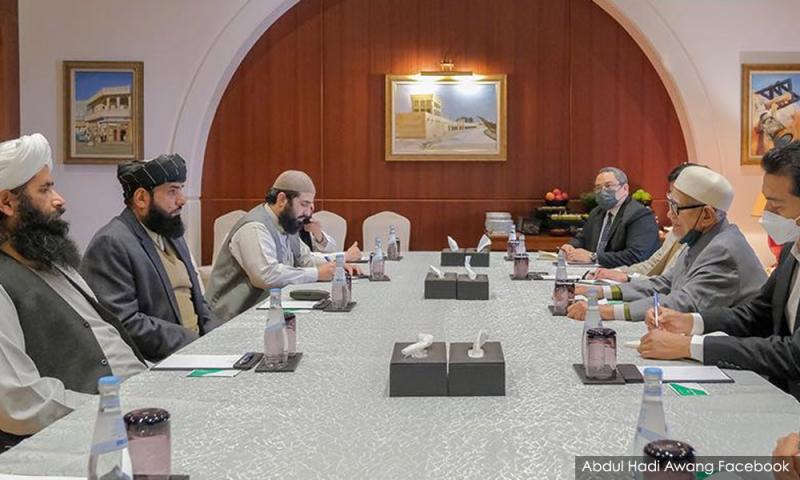
James Chai
COMMENT | Before August 2021, most people knew that the Taliban might take over Afghanistan. But no one knew when. “Six months” was the estimate of most analysts. Even this was too short.
The Afghan government led by Ashraf Ghani had fighting men, weapons, and equipment, as well as a hold on the cities. Surely this could guard off the Taliban for some time.
One of the cities’ youngest mayor, Zarifa Ghafari, was also hopeful. She trusted the power of social media and the young people of Afghanistan. “I think they will continue fighting for progress and our rights. I think there is a future for this country,” she said.
Three weeks later, the 27-year-old politician was paralysed by the lightning-quick Taliban takeover of the capital, Kabul.
“I’m sitting here waiting for them to come… And they will come for people like me and kill me,” she said, hiding in her apartment.
She had reasons to worry. Her father, a senior leader in the Afghan military, was killed a year ago, and the Taliban has vowed to kill her, as evidenced through many murder attempts.
COMMENT | Before August 2021, most people knew that the Taliban might take over Afghanistan. But no one knew when. “Six months” was the estimate of most analysts. Even this was too short.
The Afghan government led by Ashraf Ghani had fighting men, weapons, and equipment, as well as a hold on the cities. Surely this could guard off the Taliban for some time.
One of the cities’ youngest mayor, Zarifa Ghafari, was also hopeful. She trusted the power of social media and the young people of Afghanistan. “I think they will continue fighting for progress and our rights. I think there is a future for this country,” she said.
Three weeks later, the 27-year-old politician was paralysed by the lightning-quick Taliban takeover of the capital, Kabul.
“I’m sitting here waiting for them to come… And they will come for people like me and kill me,” she said, hiding in her apartment.
She had reasons to worry. Her father, a senior leader in the Afghan military, was killed a year ago, and the Taliban has vowed to kill her, as evidenced through many murder attempts.
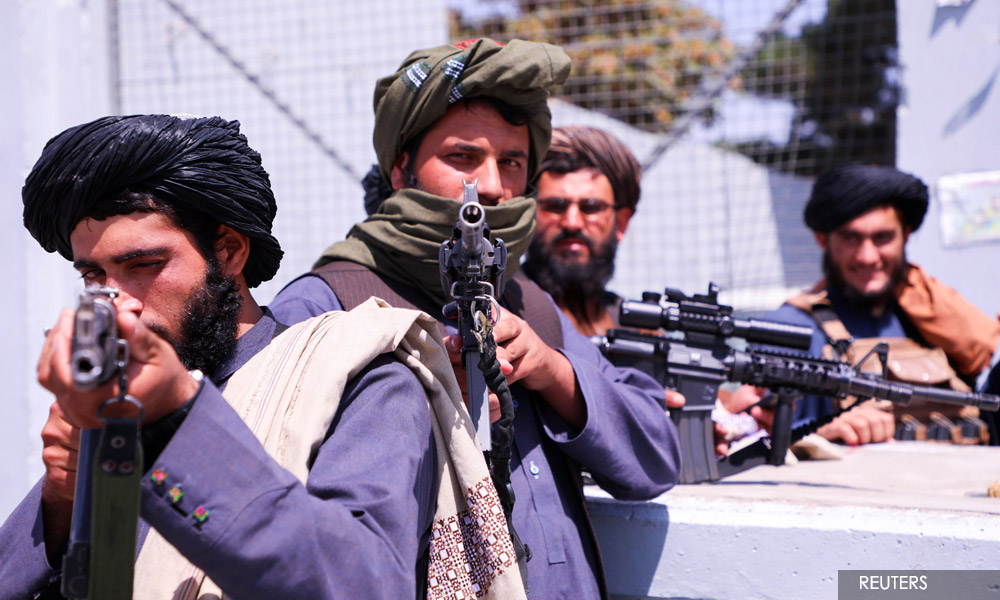
Millions of Afghans were trapped as their president took a flight to UAE amidst of Taliban threat of “all be killed” if they did not succumb.
Instead of six months, the Taliban took only hours to take over the country.
Outlier at the world stage
Desperate Afghans climbed over fences and gates to flee the country. People were crushed by moving aircraft, clinging onto jets, and fell and died upon lift-off.
People continued to pile in even as they were shot and stampeded at the airport gates. The evacuation was an endless round of panicked frenzy. It’s better to die trying than to live under the Taliban rule.
Since the Taliban took power, thousands of Afghans have been executed, and the economy is on a freefall, leaving millions out of jobs and at risk of famine.
As of today, no country has recognised the Taliban government as legitimate, not even its closest neighbours, regional allies, or Islamic counterparts.
Except for one special envoy from Malaysia named Abdul Hadi Awang, who is taking early steps of cooperation.
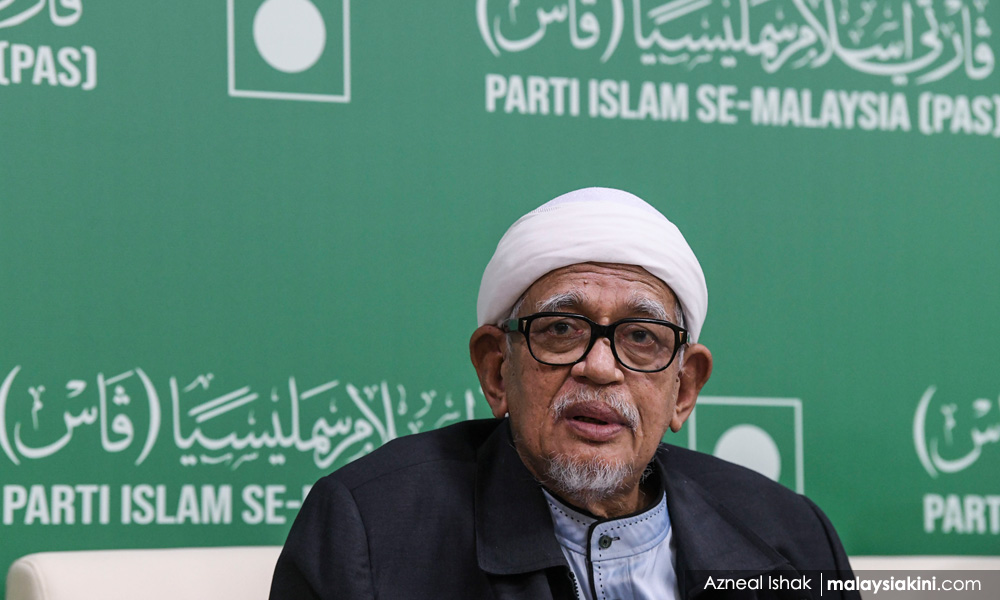
PAS president Abdul Hadi Awang
Among others, the Taliban’s permanent representative stated that both sides agreed to visits by delegations from both countries to each other’s capital to boost mutual relations.
This was in line with Hadi’s personal beliefs a week after the Taliban’s takeover when he said the Taliban has changed and is wiser, while being steadfast to uphold Islam.
According to Hadi, the Taliban are not “as evil as the West make them out to be” and the thousands who fled were “unreasonably afraid” because “they had served the old regime.” His son, Muhammad Khalil Abdul Hadi, also jumped to congratulate the Taliban for “liberating” Afghanistan. (His social media account was later suspended).
PAS Sik MP Ahmad Tarmizi was quick to defend his boss, and said that Amanah’s criticisms were influenced by sentiments of DAP and Western preachers.
This is classic backyard politics by PAS: Engaging in baseless rhetoric in pursuit of narrow political interest without regard for consequence. Only this time it was brought to the international stage, creating geopolitical risks and unease among international allies.
Everyone is cautious of the Taliban; their governance from 1996 to 2001 earned them an “international pariah” status as it was filled with inhumane massacres, rampant corruption, and violations of human rights.
Thus, many countries have demanded these requirements of the Taliban before even considering recognition: (1) Create an inclusive government; (2) Protect rights of women and minorities; (3) Prevent Afghanistan from being a breeding ground for terrorism.
Taliban cannot fool the world
The current government is anything but inclusive. It consists of an all-male, monoethnic composition, with at least two cabinet members as recognised hardliners.
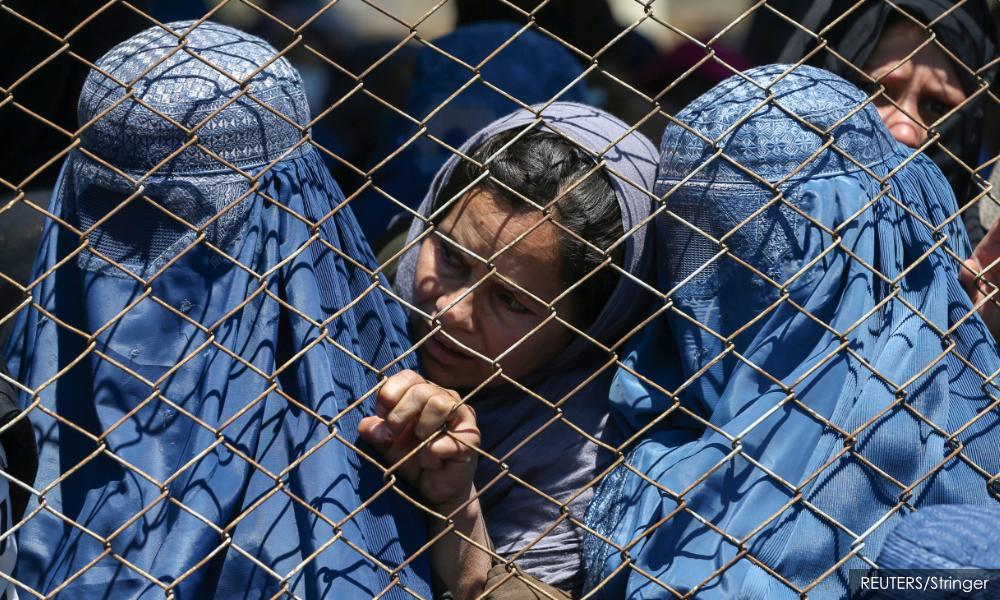
Mullah Mohammad Hassan Akhund, who leads the cabinet, is on the UN blacklist, whereas interior minister Sirajuddin Haqqani is wanted by the FBI.
Haqqani is the head of the Haqqani network that has been designated a foreign terrorist organisation by the US and maintains close ties with al-Qaeda. He is wanted over a 2008 hotel attack, among others.
Further, contradicting its lip service policy of respecting women, the Women Ministry was replaced with the Amr Bil Maruf Ministry, which conducts religious and moral policing.
On top of that, the Human Rights Watch listed, in its World Report 2022, a series of human rights violations that the Taliban has accelerated since August 2021.
Among others were the steady stream of policies and regulations that regress women’s rights (exclusion from schools and public life), wide-ranging restrictions on Afghan media (including detention and beating of journalists and shutting down 70 percent news services), and the brutal targeted killings of civilians including government employees, journalists, and religious leaders.
If they had “changed” as claimed by Hadi, then they have certainly changed for the worse.
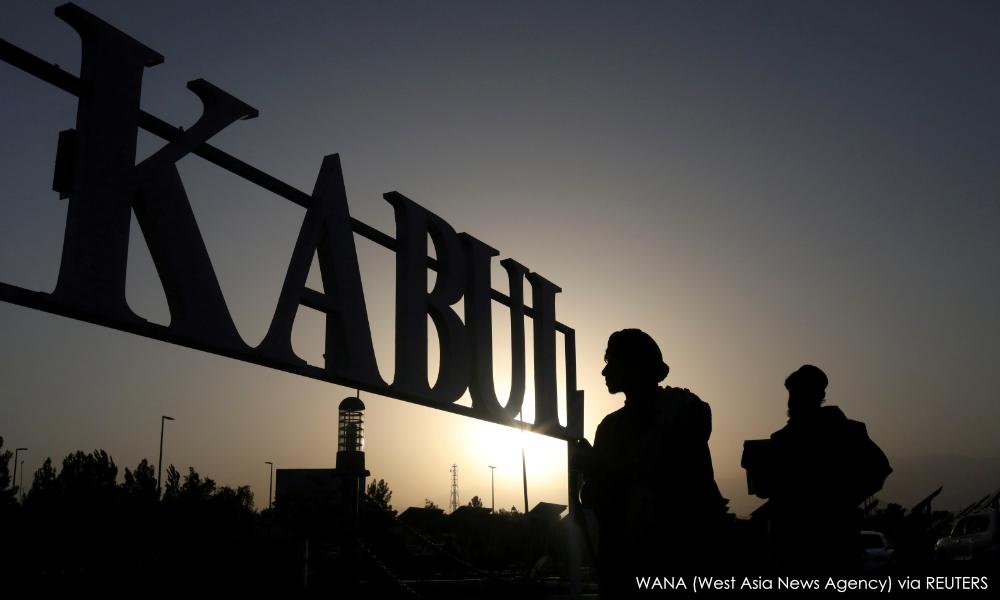
In a way, it is absurd to expect an extreme unit like Taliban to change.
“The competition among various Islamist groups will be judged domestically based on who is more extreme, the more vicious and die-hard,” said a UCL political economy researcher, Kambiaz Rafi.
This means that the Taliban would likely be pushed to more extreme positions as long as more potent competitors like al-Qaeda exist.
Already the Taliban is parading suicide bombers on state TV, with suicide vests, car bombs, and roadside bombs. Extremism is their brand.
That means, even a simple “dialogue” with the Taliban is considered a high-risk event.
You risk emboldening extremists and terrorists who are seeking to legitimise their ways and positions.
You risk accepting an entity that does not fulfil the conditions for international recognition such as popular support and domestic legitimacy.
You risk turning a blind eye against the grave human rights violation of an entity that has shown little concern, if any at all.
Whether Hadi’s meeting with the Taliban was to win elections or to strengthen PAS’ image as the Islamic purist in the eyes of unsuspecting supporters, we could not just put anyone out there to play backyard politics on the world stage.
We must draw the line.
YOURSAY | Hadi overstepping his bounds as special envoy
JAMES CHAI is a political analyst. He also blogs at www.jameschai.com.my and he can be reached at jameschai.mpuk@gmail.com.

For a large number of Malaysians, the Taliban are heroes, so it is smart politics to be sent as supportive of their heroes.
ReplyDeleteJust being a Hadi advocate... wakakaka
ReplyDeletehttps://www.scmp.com/news/china/diplomacy/article/3153646/chinas-foreign-minister-wang-yi-meet-afghan-taliban-leaders
Hadi didn't do anything Wang Yi hadn't done first.....
Chinas foreign ministerwl Wang Yi met the Afghan-taliban leaders to try to mitigate the aftermath of the US initiated war. At the same time provinging humanitarian aids to the war-torn nation!
DeleteThe zombie alpha hadi is just trying its luck on scoring political brownies with its pact.
Same ke?
Oooop… every China bashing opportunities go for an old moneyed mfer.